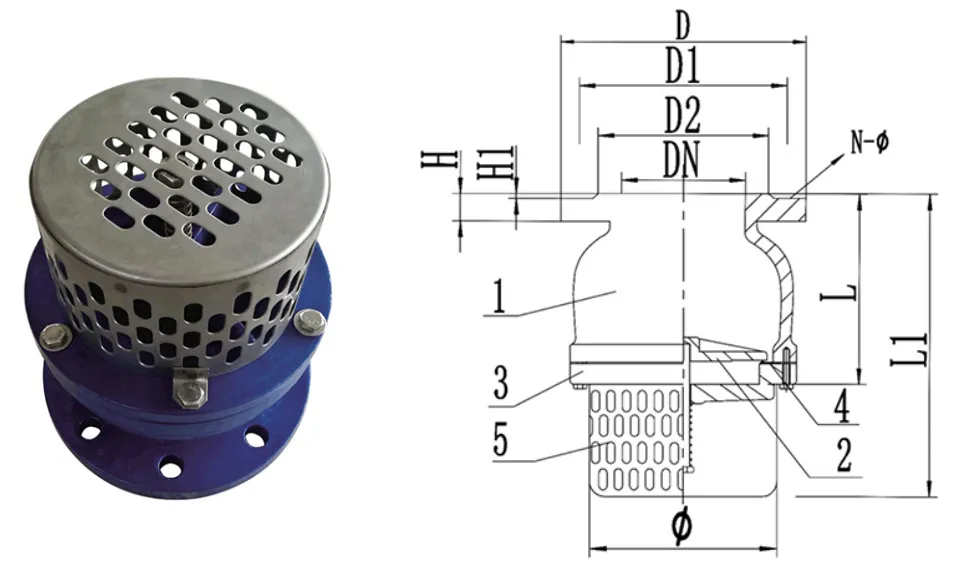Nov . 15, 2024 15:11 Back to list
hydraulic control valve
Understanding Hydraulic Control Valves Key Components in Fluid Power Systems
Hydraulic control valves are crucial components in hydraulic systems, playing a vital role in controlling the flow and pressure of hydraulic fluids. These valves enable the direction, flow rate, and pressure of fluids, which are essential in a wide variety of applications, from industrial machinery to automotive systems. Understanding the functions and types of hydraulic control valves can provide insights into their significance in fluid power systems.
Types of Hydraulic Control Valves
There are several types of hydraulic control valves, each designed to meet specific operational needs. The most common types include directional control valves, pressure control valves, and flow control valves.
1. Directional Control Valves These valves control the path that the hydraulic fluid follows in a circuit. They allow operators to control the movement of hydraulic actuators (like cylinders and motors) by directing the fluid to the desired pathway. Common configurations include 2-way, 3-way, and 4-way valves, with various actuation methods, such as manual, electrical, or pneumatic.
2. Pressure Control Valves As the name suggests, these valves manage the pressure levels within a hydraulic system. They prevent excessive pressure from damaging components by diverting fluid or venting it back to the reservoir. Common types include relief valves, which open at preset pressure levels, and reducing valves, which ensure that downstream pressures remain lower than the input pressure.
3. Flow Control Valves These valves regulate the flow rate of hydraulic fluid, affecting the speed of actuators. By adjusting the size of the flow passage, they can maintain consistent flow rates regardless of changes in pressure. They can be manual or automatic, allowing for precise control over system functions.
hydraulic control valve

The Importance of Hydraulic Control Valves
Hydraulic control valves are integral to the efficient operation of hydraulic systems. They not only ensure the proper functioning of machinery but also enhance safety by preventing overload situations. Anomalies in valve performance can lead to system failures, which can result in costly downtime and repair.
Moreover, modern hydraulic control valves are designed with advanced technology, such as electronic control systems, which improve their responsiveness and accuracy. These advancements have led to better fuel efficiency, lower operational costs, and enhanced operational capabilities in various industries.
Applications of Hydraulic Control Valves
Hydraulic control valves find application in numerous sectors, including construction, manufacturing, aviation, and automotive industries. In construction, for instance, they control heavy machinery like excavators and cranes, ensuring smooth and efficient operation. In the automotive sector, hydraulic control valves are utilized in braking systems, providing essential safety functions.
Conclusion
In conclusion, hydraulic control valves are indispensable components of fluid power systems. They provide crucial control over fluid flow, direction, and pressure, ensuring the smooth operation of various machinery. Understanding the different types of hydraulic control valves and their applications can significantly enhance the performance and reliability of hydraulic systems. As industries continue to evolve, the role of hydraulic control valves will become even more critical in modern engineering and technology.
Share